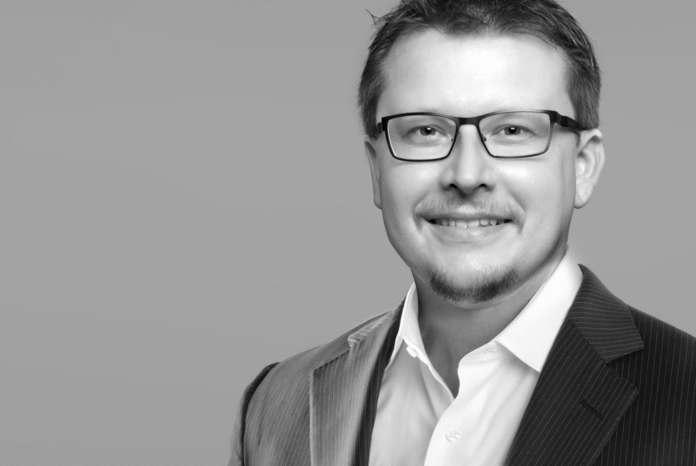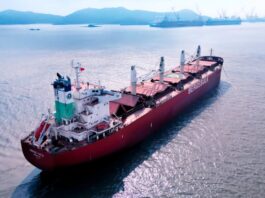Hy2gen’s Atlantis plant in Werlte, Lower Saxony, will be the first of its kind in Germany to produce green hydrogen-based methane that has been certified as a Renewable Fuel of Non-Biological Origin (RFNBO). Uptake of RFNBOs is incentivised under the FuelEU Maritime regulation, with each tonne of RFNBO used counting double toward a vessel’s greenhouse gas (GHG) intensity reduction target.
Issued by CertifHy, an EU-accredited RFNBO validation body, the new certification applies to the output from Hy2gen’s Atlantis plant, currently the world’s largest power-to-e-methane production facility. The site’s 6.3MW capacity will produce green hydrogen and e-methane that comply with EU sustainability criteria and provide shipowners with verifiable emissions reductions.
Under the FuelEU Maritime regulation, until 2033, every tonne of e-fuels used by ships operating within the EU will have the resultant emissions savings counted twice toward their GHG intensity reduction targets. FuelEU Maritime also includes a ‘sunrise clause,’ which stipulates that if, by 2031, the share of RFNBOs in the annual energy consumed on-board ships is less than 1%, a mandatory quota of 2% RFNBOs will be enforced by 2034.
This aspect of the legislation is designed to incentivise the use of e-fuels as a decarbonisation pathway for the maritime sector. Hy2gen’s newly certified e-methane will assist shipping companies in achieving compliance within this framework. Unlike ammonia or liquid hydrogen, which require the implementation of new fuel handling systems, synthetic methane can be deployed with comparatively minor retrofitting necessary for continued use of existing bunkering and engine infrastructure.
The Atlantis facility has been operational since 2013. It was acquired and upgraded by Hy2gen from KIWI AG in 2023. The company plans to add 5MW of polymer electrolyte membrane (PEM) electrolysis capacity to further increase RFNBO production. Recently, Hy2Gen concluded a power purchase agreement with a German hydropower provider, which will ensure a continuous supply of renewable electricity for this expansion project.
Geographically, the Werlte site is strategically located near the ports of Bremen and Hamburg, and ports, and its prospects are likely be enhanced by Germany’s proposed 9,000km core hydrogen pipeline network. If realised, this network could facilitate cost-effective distribution of RFNBO-certified molecules through northern Europe.
‘E-methane in particular will play a relevant role in decarbonizing the maritime sector as it allows the use of existing infrastructure,’ said Matthias Lisson, Managing Director of Hy2gen Deutschland. ‘Our team at the Atlantis plant in Werlte are pioneers in the production of e-methane. Right now, we are operating the biggest e-methane production site in the world. With the RFNBO certification, we increase the value of our molecules, as it offers our clients the security that our products are 100 percent renewable and can be used to decarbonise industrial sectors to comply with EU regulations.’
The project was boosted in April 2025 by a €47 million investment made by existing investors, led by Hy24’s Clean Hydrogen Infrstructure Fund, Technip Energies and the BenDa family fund. This injection of capital will accelerate the deployment of Hy2gen’s hydrogen and hydrogen derivatives portfolio in Europe, Canada, and South America. Hy2gen has a pipeline of projects totalling approximately 2GW of electrolysis capacity and more than €5 billion in prospective capital expenditure.







